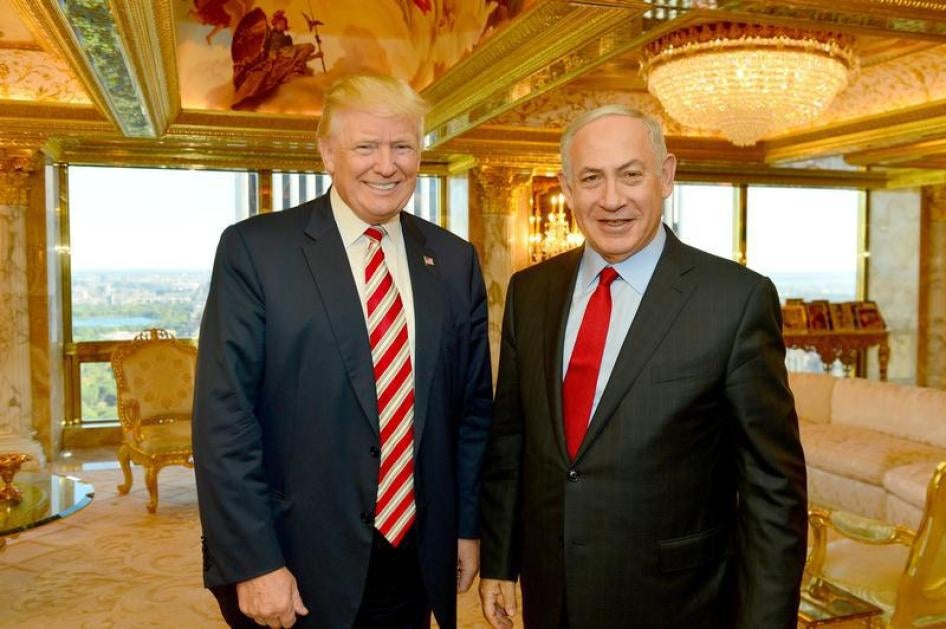For Israel and Palestine, 2017 marks several major anniversaries: the 100th of the Balfour Declaration, which proclaimed British support for establishing a national home for the Jewish people in historic Palestine, the 70th of Palestine’s partition into Jewish and Arab states, and the 50th of the 1967 war and Israel’s occupation of the West Bank and Gaza.
This year has also ushered in a new administration in the United States that has vowed to do things differently and strike “the ultimate deal” on Middle East peace that has eluded its predecessors. The meeting between President Donald Trump and Prime Minister Benjamin Netanyahu today and the Senate hearing on the nomination of David Friedman to serve as US ambassador to Israel tomorrow could shape the contours of US policy in the coming years.
US policymakers, including members of the Trump administration, have in recent years warned about the situation on the ground. In 2013, retired general James Mattis, now the secretary of defense, said that the “current situation is unsustainable” and that the West Bank settlements threaten to turn Israel into an “apartheid” state. The State Department more recently concluded that Israel’s settlement expansion was moving it closer to “cementing a one-state reality of perpetual occupation.” Former Secretary of State John Kerry characterized the humanitarian situation in Gaza, where approximately 70 percent of Gaza’s 1.9 million people rely on humanitarian assistance as Israel’s closure of Gaza enters its tenth year, as “dire.”
Driven by “grave concern” over “continuing Israeli settlement activity,” the United Nations Security Council unanimously passed Resolution 2334 in December 2016, with the US abstaining, reaffirming the illegality of settlements under international law.
Instead of implementing Resolution 2334, the Israeli government has authorized more than 6,000 settlement units and passed a law that effectively legalizes the confiscation of land from Palestinian owners for settlement construction in the West Bank.
In its first weeks, the Trump administration has sent mixed messages on settlements – a February 2 statement by the White House Press Secretary said that “we don’t believe the existence of settlements is an impediment to peace,” while Trump said in a February 10 interview that he is “not someone who believes that advancing settlements is good for peace.” Trump should use his meeting with Netanyahu to oppose settlement expansion in no uncertain terms and reaffirm the longstanding US position that they are illegal under the 1949 Geneva Conventions. He should also raise publicly the need for the Israeli government to allow more access of people and goods into and out of Gaza.
Meanwhile, US senators should press Friedman, who directed a foundation that funds settlement activities, to clarify whether he agrees with Trump that advancing settlements is not good for peace. They should question the nominee on how he would characterize the current situation in which a half million Israeli settlers live in the occupied West Bank, including East Jerusalem, and are subject to a separate and unequal system of laws, rules, and services than Palestinians living in the same territory. If Friedman endorses the expansion of settlements, which are war crimes, the Senate should oppose his nomination.
Failure to be clear on settlements now will undermine the Trump administration’s promises to bring new credibility to the US as a Middle East dealmaker.








